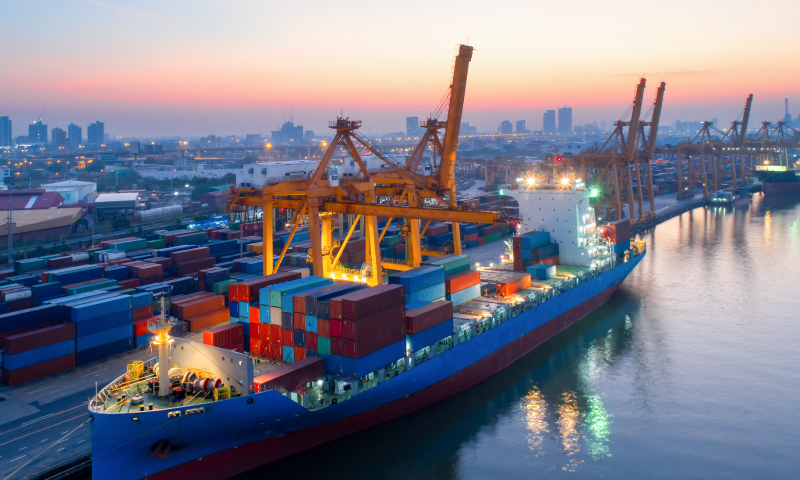05 May 2022
The latest CIPS UK Manufacturing Purchasing Managers’ Index which has increased slightly from 55.2 to 55.8.
Manufacturing production rose slightly but remained relatively flat in April, driven in part by a drop in future output confidence from 73.8 to 72.9, which sees optimism falling to similar levels as the first Covid wave. This has been fuelled by inflationary nervousness and concerns around future supply chain disruption.
Looking behind the headline figure, the last two years has seen significant increases in input prices, and this is only likely to continue. But now, a steep rise in output prices from 71.3 to 78.8, the highest figure on record, demonstrates the significant impact of the rampant energy prices and prolonged supply chain disruption, as manufacturers can’t continue to absorb high input costs and have had to pass the increase on to protect margins.
With the Russia-Ukraine crisis and the latest lockdowns in China, pressure on supply chains will be exacerbated further. Now more than ever, manufacturers will need to balance inflationary costs, soaring energy prices and the cost of living squeeze, to mitigate risks in a volatile market. The extra financial support from the Government to assist high energy usage doesn’t go far enough, so price inflation is almost inevitable and consumers will feel the hit throughout 2022.
The future
Having attended the Make UK Conference earlier this week, I was lucky enough to hear the perspectives of both Andrew Neil and Lord William Hague on the economic conditions that are likely to impact manufacturers over the coming years. One key theme ran throughout the day - skills shortages remain the biggest long term challenge facing the industry and this is a global problem. Whilst this period may be daunting for some, during periods of great disruption, a speeding up of innovation usually takes place, and this must be viewed as an opportunity for the sector. In terms of what we can expect to see from Government over the coming years, we will likely see a coordinated mineral and energy strategy that minimises the UK’s reliance on Russia and some partial deglobalisation as manufacturers look to onshore or near shore their supply chains as resilience begins to take priority over cost. For those manufacturers that supply the defence sector, we can expect a significant increase in Government spending in response to the crisis in Ukraine.









